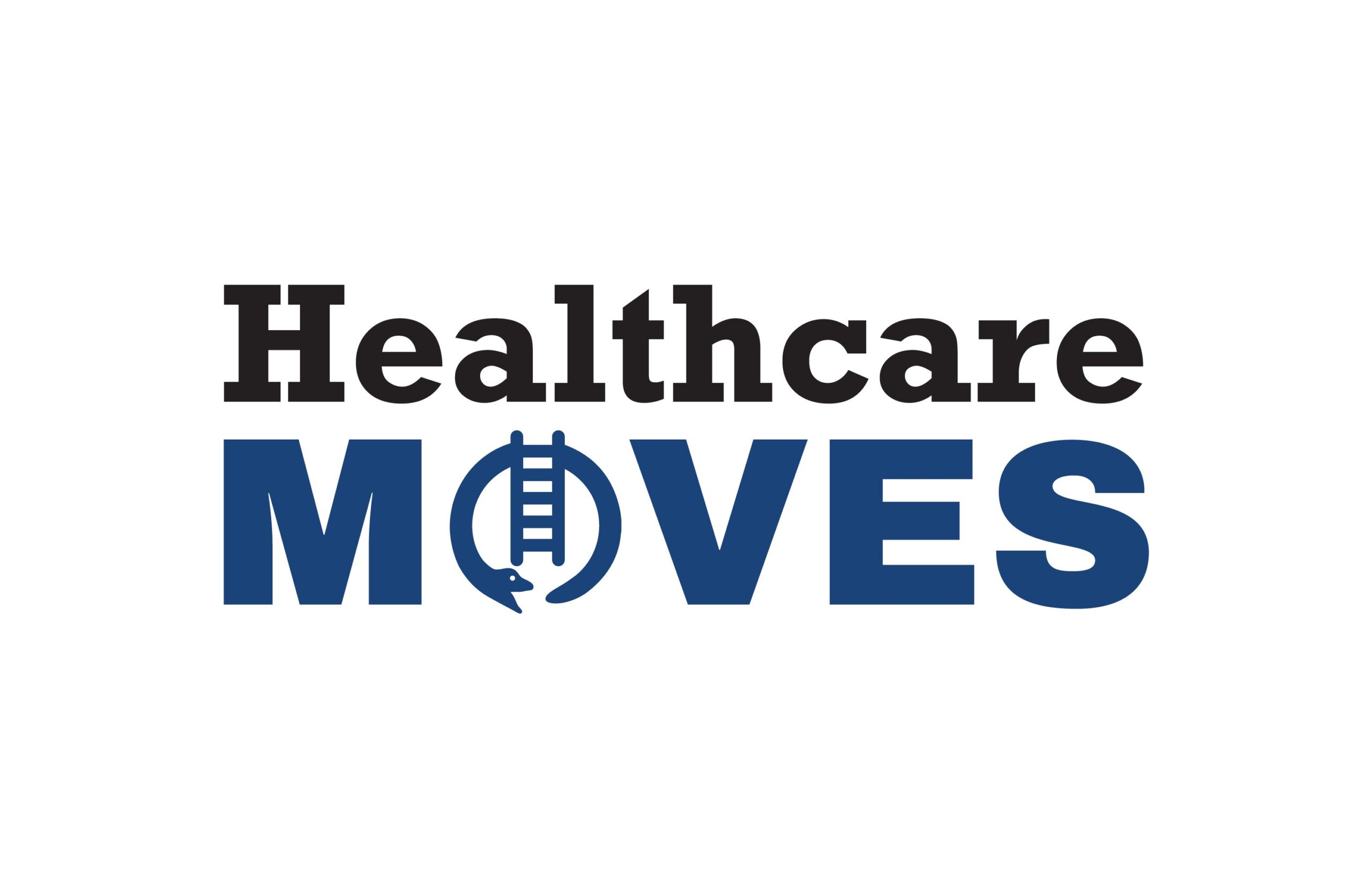
Strata Oncology might be the missing piece in personalized cancer care — if it can pull off some large-scale matchmaking.
Headquartered in Ann Arbor, Michigan, the company was founded earlier this year to address a number of critical industry roadblocks.

With the Rise of AI, What IP Disputes in Healthcare Are Likely to Emerge?
Munck Wilson Mandala Partner Greg Howison shared his perspective on some of the legal ramifications around AI, IP, connected devices and the data they generate, in response to emailed questions.
It begins with cancer patients and the unfortunate reality that personalized medicine hasn’t yet trickled down to everyday hospitals and clinics.
“The problem in the market today is that for most advanced cancer patients, tumor sequencing isn’t reimbursed,” said Dan Rhodes, cofounder, CEO and president of Strata Oncology, in a recent phone interview.
The reason? Payers argue that the clinical utility of routinely sequencing this population hasn’t been proven. It doesn’t make sense to sequence their tumors because there aren’t enough targeted drugs to use against the mutations detected.
Yet at the same time, hundreds of pharma-sponsored clinical trials are struggling to complete enrollment. Many of the mutations are extremely rare, explained Rhodes, as the industry moves down the tail end of precision medicine opportunities.
“Therein lies the catch 22,” he said. “You need all the precision medicine studies to be done to demonstrate the value of tumor sequencing for reimbursement. But without reimbursement, you don’t get sequencing so the trials don’t enroll.”
That’s where the newly-launched Strata Trial comes into play.
“We formed Strata to address that problem head on,” Rhodes said. “Let’s remove tumor sequencing as the barrier and by doing so we can simultaneously accelerate a whole portfolio of pharma-partnered clinical trials — while doing a lot of good for cancer patients who otherwise wouldn’t have been sequenced.”
The idea is that patients shouldn’t have to pay for tumor sequencing because their data and their participation in clinical trials are so valuable. To prove it, Strata has set the ambitious goal of sequencing 100,000 tumors, without charging patients, providers or payers.
For its business model to succeed, Strata needs to recruit a portfolio of pharma partners that are looking to fill clinical trials. Rhodes said the company has one partner signed and five or six more committed. By mid-2017, it hopes to have 12-15 on the books.
Rhodes couldn’t confirm how many pharma-partners Strata needs to make the business viable. But that’s just one side of the equation. On the other end, they need to be sequencing close to 25,000 patients per year to get to the 100,000 patients target, he said.
Those numbers assume that around 3-5 percent of the sequenced population will qualify for a trial — the metric that matters most for the company’s success.
“Our deals are structured as, some fees as we go, but ultimately they’re really more risk-reward sharing deals, where our big reward comes on drug approval in the form of royalties or milestones.”
According to Rhodes, patients that don’t qualify for a trial still receive a CLIA-certified report that could help guide their cancer treatment.
To handle the high sequencing volumes, Strata has partnered with Thermo Fisher Scientific to create an in-house sequencing facility. It also closed a $12 million Series A earlier this year.
In regards to revenue, the road ahead will be very interesting. The company needs to somehow recruit the right balance of pharma partners and cancer patients to pay for the 100,000-person sequencing operation.
The cancer space is ripe for an evolution of this kind. One that enables patients to benefit from their own data and health records.
Foundation Medicine and Flatiron Health, two companies that sequence and analyze tumor samples for a fee, joined forces earlier this year to create a massive clinico-genomic database that commercializes their patient data. Flatiron and Foundation will now sell access to that database. The patient/customer pays once, the companies win twice.
Strata Oncology wants to make it a win-win.
Photo: Michael Darcy Brown, BigStock














